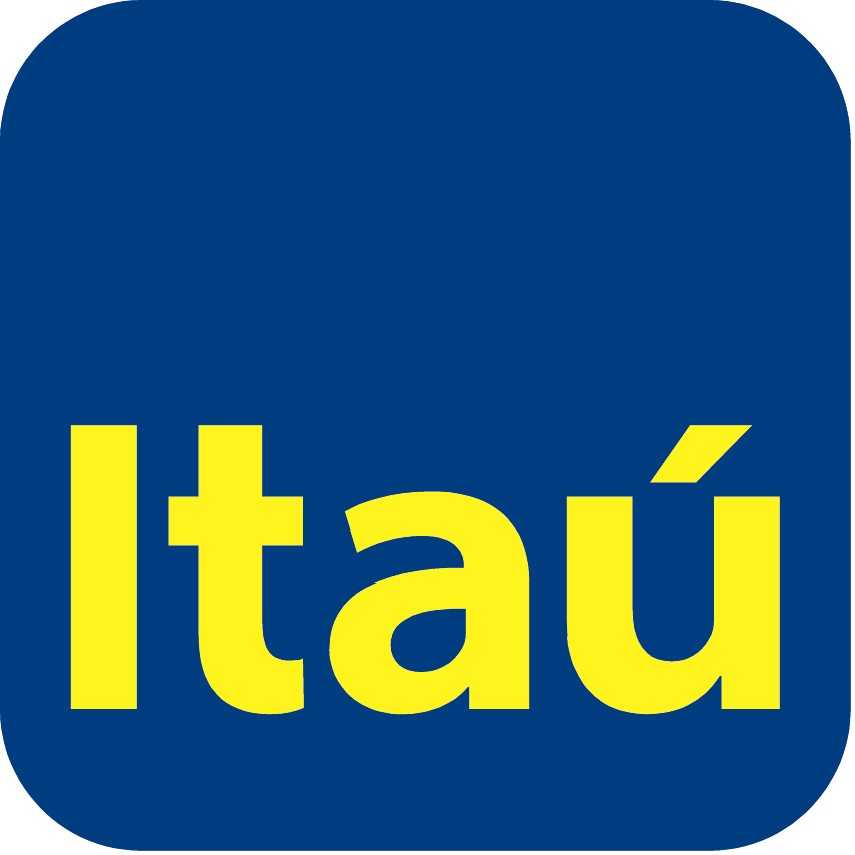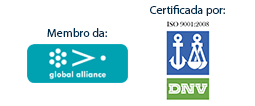Employee engagement during ethics crisis
Financial markets are out of your control. Customers are out of your control. Earthquakes are out of your control. Global competition is out of your control. Technological change is out of your control. Most everything is ultimately out of your control.
Jim Collins, Great by Choice, 2011[1]
Operating ethically requires much more than a code of conduct. The CEO and top management must engage with employees around the world to insist on transparency and compliance.
Bill George, Ethics must be Global, not local, 2008[2]
It’s well known by HR executives that when a crisis happens, employees need more information than ever and in a very quick way. It’s also well known by organizational communicators that the leaders are the best and the most trustful source of any internal communications action. During a crisis, an efficient internal communication strategy needs to reinforce transparency, information flows and leadership of the company’s high executives to keep moral high within the teams of employees. Leaders are the organizational mirrors and the face of the brand during hard times.
Crisis are born in different dimensions of a business and have a great variety of causes. The Toyota Recall Crisis in 2009 started with a car crash and forced the company to suspend the sale of some of its best-selling models in the U.S. and had recalls covering more than eight million vehicles worldwide. It is an example of a PR disaster, but the brand survived not only because of its previous ratings of reputation, but also because of a strong employee engagement, specially after the CEO Akio Toyota personally apologized in testimony before the U.S. Congress.
Another example is the BP crisis known as the Deepwater Horizon oil spill in 2010. It started with an explosion and became the largest oil and gas disaster in history resulting in the killing of eleven people, huge damages to the fauna and flora, with more than 700 million gallons of crude oil leaked into the Mexican Gulf. The BP CEO Tony Hayward, a skilled geologist who had always been dedicated to BP, was duly replaced. The brands reputation is still recovering its value as the company and employees around the world are seeking not only technology excellence but also outstanding standards of EHS (Environment, Health and Safety).
But how to reinforce employee engagement during ethics crisis involving the top management?
Currently in Brazil we are facing an astonishing example of an image and reputational crisis in Petrobras. Our national oil and gas company whose brand was a symbol of value, quality and pride among all the Brazilian people is now being dilapidated by a corruption scandal caused by overpricing and bribery. How can employee engagement and the internal communications efforts work effectivelly when a crisis has its roots in the moral decay from some of the corporate officers and top leaders? More than a huge challenge to PR experts, it is a real hard test to Petrobras’ brand reputation and the company future.
Therefore in order to re-engage employees during an ethics and morality bankruptcy is much more than a strategy of internal communications expertise. It is a matter of rescue of values which founded the company and the possibility of recovering the brand’s credibility as well as electing leaders truly committed with the company’s future.
Read more about Toyota, BP and Petrobras crisis at the following sites:
http://www.motortrend.com/features/auto_news/2010/112_1001_toyota_recall_crisis/
http://www2.epa.gov/enforcement/deepwater-horizon-bp-gulf-mexico-oil-spill
http://science.time.com/2010/07/25/oil-spill-goodbye-mr-hayward/
http://www.forbes.com/sites/kenrapoza/2014/03/23/petrobras-puts-brazil-president-dilma-in-hot-seat/
http://www.dailymail.co.uk/wires/afp/article-2887858/US-city-sues-Brazils-Petrobras-chief.html
[1] Read the complete article at Jim Collins website - http://www.jimcollins.com/article_topics/articles/how-to-manage-through-chaos.html
[2] Bill George is professor of management practice at Harvard Business School and author of 7 Lessons for Leading in Crisis, True North, and Authentic Leadership. Leia o artigo completo em - http://www.businessweek.com/stories/2008-02-12/ethics-must-be-global-not-localbusinessweek-business-news-stock-market-and-financial-advice
Os artigos aqui apresentados n�o necessariamente refletem a opini�o da Aberje
e seu conte�do � de exclusiva responsabilidade do autor. 2024












